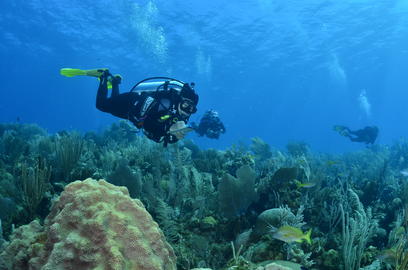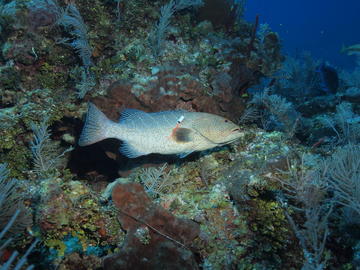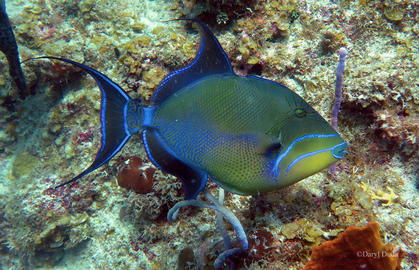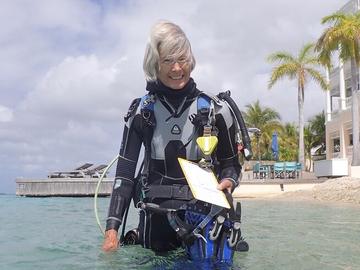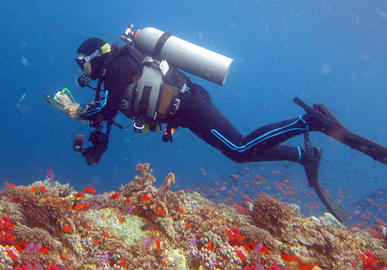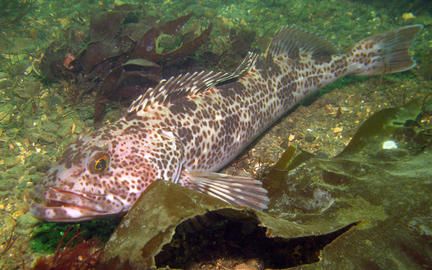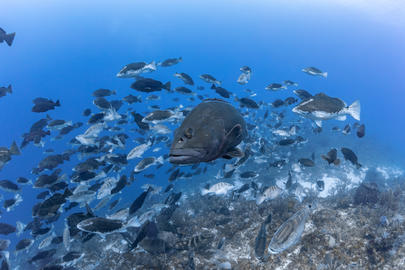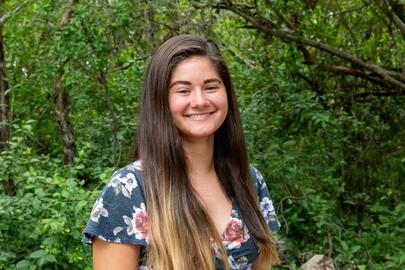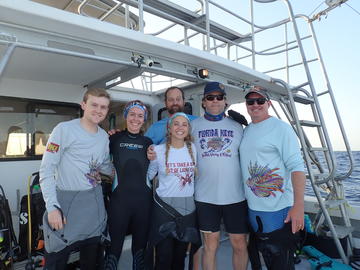Did you know that April is Citizen Science Month? Coordinated by SciStarter, Citizen Science Month helps raise awareness of opportunities for everyone to participate in science in meaningful ways. Citizen science is at the heart of REEF's work with the Volunteer Fish Survey Project (VFSP). Since its launch in 1993, the VFSP has generated one of the largest marine life databases in the world. As of April 1, 2023, the REEF VFSP database has 281,606 surveys conducted at 16,189 sites throughout the world’s oceans, by 17,030 volunteer divers and snorkelers worldwide.
We are excited to share a new scientific paper published last month in the journal Environmental Biology of Fishes. This study, conducted by our Grouper Moon Project team, reports on the movement patterns and spawning behavior of Tiger Grouper during their reproductive season, helping to shed light on an important, but poorly studied, member of Caribbean coral reef ecosystems.
We're excited to share another story about the power of REEF citizen science data. Last month, researchers from University of Miami published a new paper in the scientific journal Fisheries Management and Ecology, which used REEF Volunteer Fish Survey Project (VFSP) data to help model population trends in coral reef fish species.
We are heartbroken to share the news that beloved REEF member, Cassandra Neal, passed away unexpectedly last month. Her kindness, laughter, and passion for the oceans will be greatly missed by many.
Since its launch in 1993, the REEF Volunteer Fish Survey Project (VFSP) has generated one of the largest marine life databases in the world. The database currently includes almost 278,000 surveys, from more than 15,000 sites throughout the world’s oceans. More than 16,000 volunteer divers and snorkelers have participated in this citizen science project.
Long-term data are essential for understanding how ocean species, communities, and habitats change over time. Citizen science programs like the REEF Volunteer Fish Survey Project make it possible for us to collect data that spans a large area and/or period of time. Meanwhile, other types of scientifically-collected data tend to be project-specific and are often tied to short funding periods, and these challenges are particularly true for environments that are difficult to sample, such as nearshore ocean habitats.
If you have been following along the conservation success of the REEF Grouper Moon Project, you know that our team has made great strides for the preservation of Nassau Grouper populations in the Cayman Islands over the last 20 years. Did you know that this project goes beyond conducting research on the iconic Nassau Grouper? The spawning site on Little Cayman, where much of our Grouper Moon work happens, is an important location for more than 20 other species of fish.
We don't usually think of fish as noisy animals, however, many species of fish are able to produce a variety of sounds, including clicks, purrs, grunts, pops, and even deeper noises like booms. A recent paper published in the The Journal of the Acoustical Society of America looked at the sounds made by different grouper species, as part of the Grouper Moon Project.
We are excited to welcome Sierra Barkdoll to the REEF staff team as Citizen Science Coordinator. Sierra joined the staff in June 2022 after serving as a REEF Marine Conservation Intern (MCI) and Lead Intern over the past year and a half. In her new staff role, Sierra will work closely with Janna Nichols, REEF's Citizen Science Program Manager to support the Volunteer Fish Survey Project, REEF's cornerstone citizen science program.
Our Grouper Moon Project team returned to the Cayman Islands around the full moon in February for another month of research on the Nassau Grouper spawning aggregation on the west end of Little Cayman. Because this year was a "split moon" year, we weren't quite sure whether the major spawning activity would happen in January or February.

